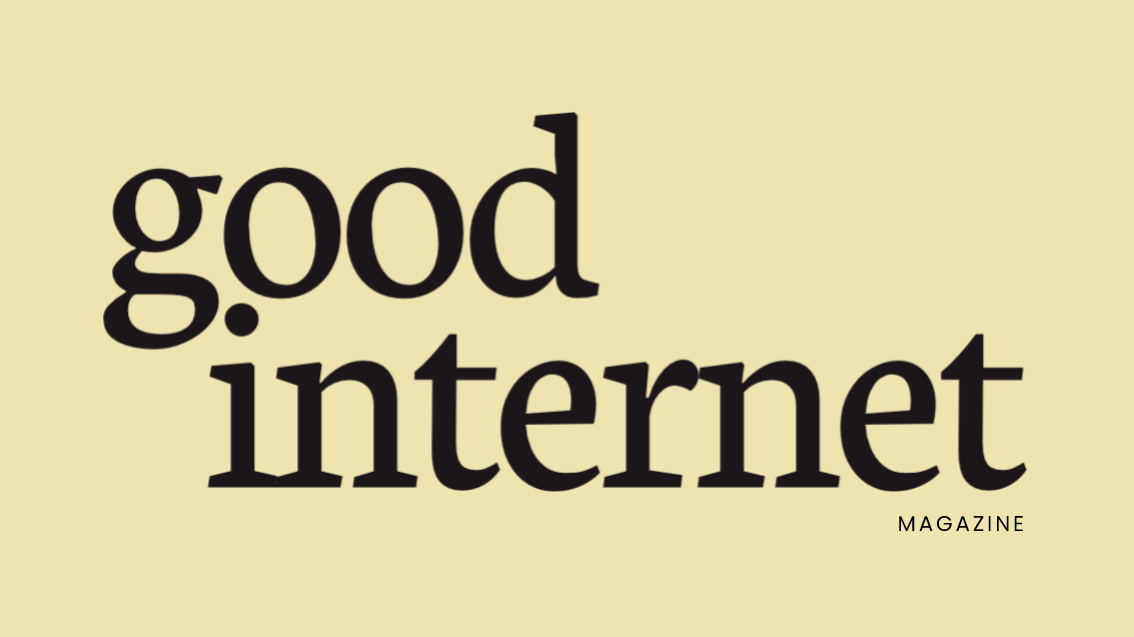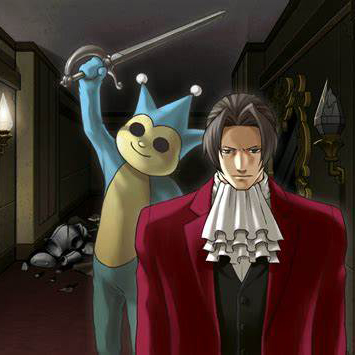In December 1993, the New York Times published an article about the “limitless opportunity” of the early internet. It painted a picture of a digital utopia: clicking a mouse to access NASA weather footage, Clinton’s speeches, MTV’s digital music samplers, or the status of a coffee pot at Cambridge University.
It was a simple vision—idealistic, even—and from our vantage point three decades later, almost hopelessly naive.
We can still do all these things, of course, but the “limitless opportunity" of today’s internet has devolved into conflict, hate, bots, AI-generated spam and relentless advertising. Face-swap apps allow anyone to create nonconsensual sexual imagery, disinformation propagated online hampered the COVID-19 public health response, and Google’s AI search summaries now recommend we eat glue and rocks.
The promise of the early web—a space for connection, creativity, and community—has been overshadowed by corporate interests, algorithmic manipulation, and the commodification of our attention.
But the heart of the internet—the people who built communities, shared knowledge, and created art—has never disappeared. If we’re to reclaim the web, to rediscover the good internet, we need to celebrate, learn from, and amplify these pockets of joy.
There are people who work late into the night creating something for the benefit of humanity or just for their own pleasure in creation. There are other people that take those things and bleed them dry to make profit to the point of ruination. There are yet others who use them to spew out hatreds that eat away everything good inside themselves and those that will seek out depravity. What we are getting in this is not the loss of any promise of the internet or the coming of AI but an uncomfortably clear reflection of what, in the mass we actually are.
Is it though? Its always far easier to be loud and obnoxious than do something constructive, even with the internet and LLMs, in fact those things are amplifiers which if anything make the attention imbalance even more drastic and unrepresentative of actual human behaviour. In the time it takes me to write this comment some troll can write a dozen hateful ones, or a bot can write a thousand. Doesn’t mean humans are shitty in a 1000/1 ratio, just means shitty people can now be a thousand times louder.
Humans do indeed contain multitudes, but I think this gives too much credit to the influence of corporate (and their political interference) interests. Enshittification is an active choice made in board rooms. Disinformation is an agenda. They’re not inevitable grassroots outgrowths.
Lemmy, curated to avoid AI, curtail corporate news, and where the admins and community are fighting bots and trolls is an example of the reclamation attempt.
And you know what? It’s kinda nice here.
Enshittification is an inevitable consequence of the economic system we’re living in
AI has been the most promising thing out to come out of the internet. It’s a new frontier. Like any new frontier there is a lot of propaganda to convince us all to take our eyes off it. The exact same happened with the Internet in the early days.
418 - I am a teapot
My first real ‘community’ online was mp3.com. When I joined I was like the 132nd person on that site. It was such an incredible thing back then. People could post their own music, get feedback, promote, find a label, and get paid for streams/downloads.
I actually earned money from my music while chatting with future mega stars like Darude and Dido.
I got some real world tracks out there, had my stuff played from Australia to Canada, and there was a time I could walk into a club and hear my music being played.
Surreal thinking about it now.
I’ve never had that kind of connection or sense of belonging online since.
Very well written piece. I like his perceptions about the speed of how we access the internet being shaped by content being constantly pushed at us by feeds. I think it’s having a profound effect on people’s whole thought process. He mentions exploring a new website and an hour goes by - but that hour ends and he’s done, at least for now. You never get done with a feed, it’s an endless, self-refilling “in” basket. I think we perceive and handle feeds the same as a stack of work items we’re supposed to get through. We want that sense of completion, so we try to process each item as fast as possible - taking in minimal information, making a superficial value judgement, and swiping left or right on it ASAP so we can scroll to the next item. Then we apply this same false sense of urgency to how we process the real world, which lowers the quality of our decisions and even our enjoyment of life.
I’ve been thinking a lot about webrings lately. Now that Google is basically cutting off traffic from the indie web.
I feel like everyone’s kinda having the same idea at the same time, which gives me some hope, but… it’s difficult enough to find a ring to join, that I think most people will give up?
I don’t know what I think the solution is. Centralising it and having a big, user-friendly “webring platform” is just inviting more enshittification. But the handful of webring directories I’ve found are really lacking.
Does anyone have any suggestions? Or, does anyone want to team up and make, like, a Gaymers Webring? (That’s pretty much what I’m looking for.)
ETA: I’ve built one. DM me if you’re interested!




